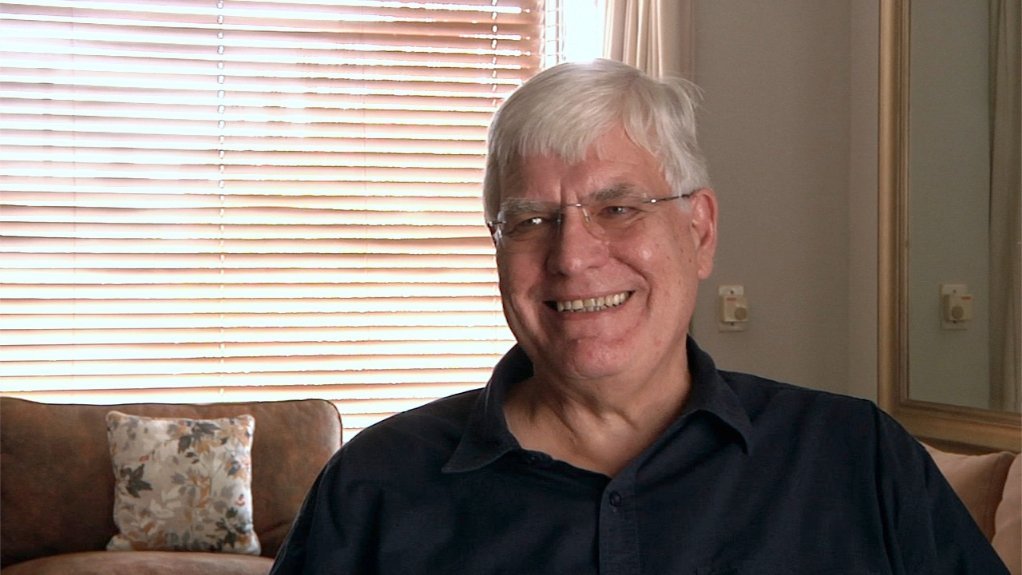The middle ground is getting stronger.
Two and a half months into the Government of National Unity (GNU) and contrary to the expectations of many, it is holding firm. A major red line for some coalition parties – the BELA bill – was crossed when the president signed it. Despite the noise, no one left the GNU. From his side, the president didn’t force through the two most contentious parts of the bill, giving three months to find a compromise. And if that fails? The Constitutional Court will sort it out.
Earlier on, the president signed important legislation on electricity reform. too, he did not enact the most controversial clauses (affecting municipalities’ role in electricity distribution) to allow time for finding a compromise. On NHI, he has already signalled a similar approach – talk to all parties and find a compromise that works.
This is politics in motion, not a wrecking ball.
Cutting the deadweight loose.
In the same week, the Democratic Alliance (DA) showed it was serious about unity. John Steenhuisen axed his chief of staff and kicked a problematic MP out of the party. Their weird views were toxic to the GNU’s goal of cooperation. If you want to be part of the centre, you’ve got to ditch the extremes.
Earlier, less than a month into GNU, ANC MP Sisi Kodwa resigned because corruption charges were hanging over him.
The land issue – let’s get real.
The new minister of Land Affairs, PAC leader Mzwanele Nyhontso, a party for whom the restoration of land is a “red line”, took a pragmatic turn. In an early speech, he referred to “low-hanging fruit” on the thorny land issue – issuing title deeds and finishing land restitution claims, a project mandated by the Constitution. Being inside the GNU tent changes you – it pushes you towards solutions, not slogans.
Pushing in the scrum.
The GNU isn’t just a political experiment; it’s a chance for parties to get things done. Being in the mix brings purpose, visibility for their parties and personal perks. None of these participants will walk away easily from all that. And who doesn’t want to be seen pushing hard in the political scrum?
Gauteng is the outlier.
Encouraging as the above picture is, it does not apply to Gauteng. Sadly, there is a stubborn refusal to form unity governments in the province and the metros. We will see how that affects the position of the various parties in the run-up to the 2026 local government elections, now about 26 months away.
Danger from within.
The progress of the national government should not blind us to the reality that party members not in the executive can easily turn on their colleagues who are. The blame game is inevitable: 'Why didn’t you stop this?' or 'How could you agree to that?' That is what happened in the first government of national unity after 1994, which contributed to its break-up. Managing internal dissent might become more challenging than dealing with other parties. The role of internal party managers like Fikile Mbalula and Helen Zille is critical. Their actions should reinforce the GNU, not weaken it.
Is it too expensive?
Critics say the GNU is too costly, with 10 more executive members than before. But look at what it brings: 21 newcomers contributing diversity, fresh energy, and voices from across the spectrum – DA, IFP, PAC, GOOD, and more. It’s not just more people; it’s a broader, more inclusive government. Is that too high a price for a country desperate for social cohesion?
The real test is fixing the economy.
Ultimately, the GNU’s success hinges on real change – jobs, poverty, inequality. The roadmap is there: implement the Vulindlela reforms (energy, transport, water, visas), and we could see 3.5% economic growth, according to the Bureau for Economic Research. Since their report was published after the election, the 3.5% growth possibility has been confirmed by the governor of the South African Reserve Bank and the deputy minister of finance (himself a leader of the SACP – one of those unique South African paradoxes).
At 3.5%, economic growth will be more than twice the population growth of 1.6% (or 1.5% if we accept the criticism that there are one-million fewer people in SA than the Stats SA census showed).
A manufacturing survey by the BER released this week found that the political constraint has declined to the lowest level since 2012! This is a remarkable survey result. Unsurprisingly, the BER finds that fixed investment in manufacturing has already increased substantially. Manufacturers are buying into what is happening.
The manufacturing survey shows that in the GNU government SA has the very real chance to break the decade of economic growth lower than population growth. It will turn the tide on unemployment and poverty, even if 3.5% does not eradicate them.
So what?
- The GNU has survived its first red line, is stable and is getting stronger.
- The president's balanced approach on controversial issues, like the BELA bill, electricity bill and NHI has reinforced the GNU, relying on the old South African ability to find solutions through negotiation.
- From all parties we are seeing a commitment to the GNU with pragmatism trumping ideology. This does not apply to the province of Gauteng.
- The increased confidence amongst and investment by manufacturers prove that the GNU is South Africa’s best shot to break free from a decade of economic stagnation.
Written by JP Landman, Political & Trend Analyst
EMAIL THIS ARTICLE SAVE THIS ARTICLE ARTICLE ENQUIRY
To subscribe email subscriptions@creamermedia.co.za or click here
To advertise email advertising@creamermedia.co.za or click here











